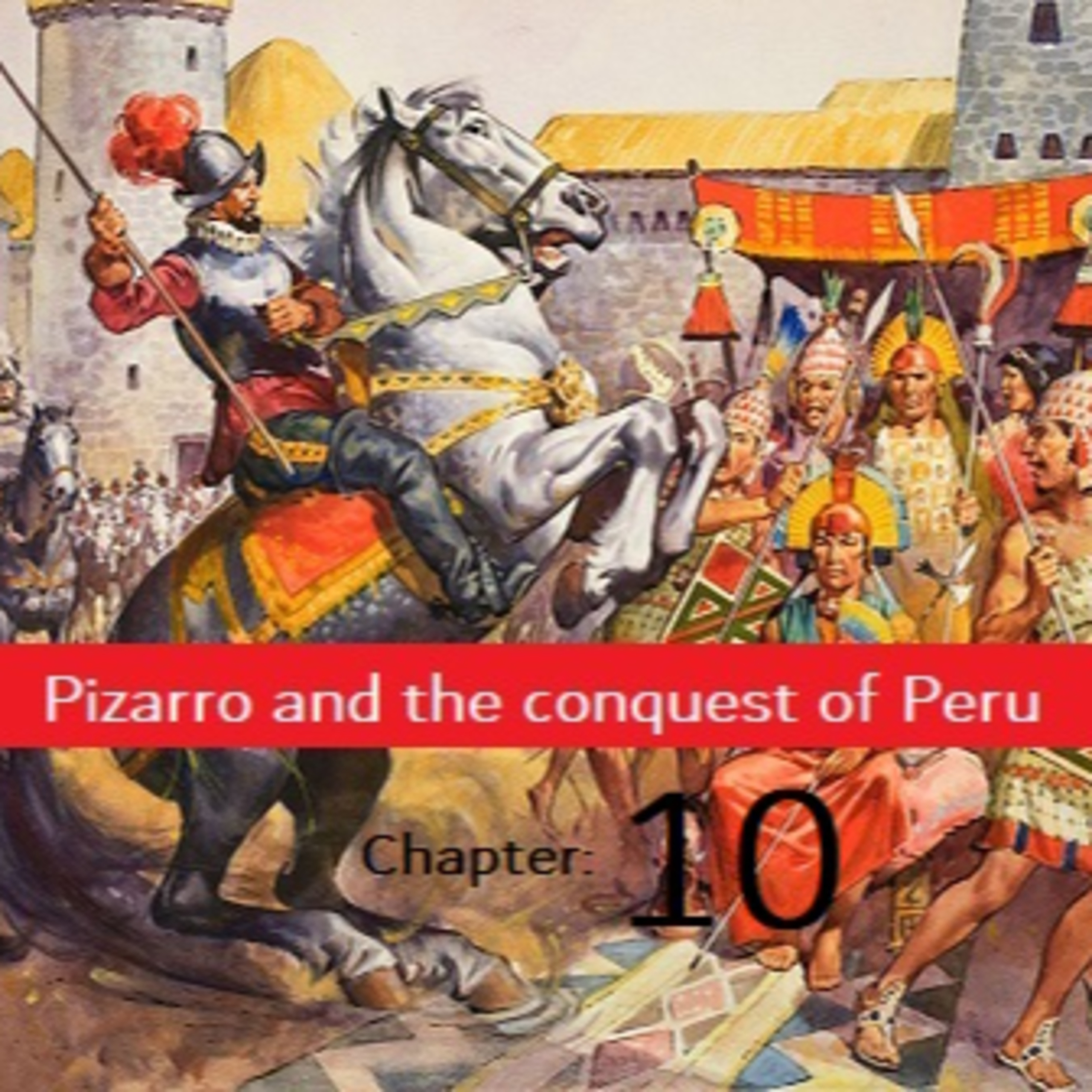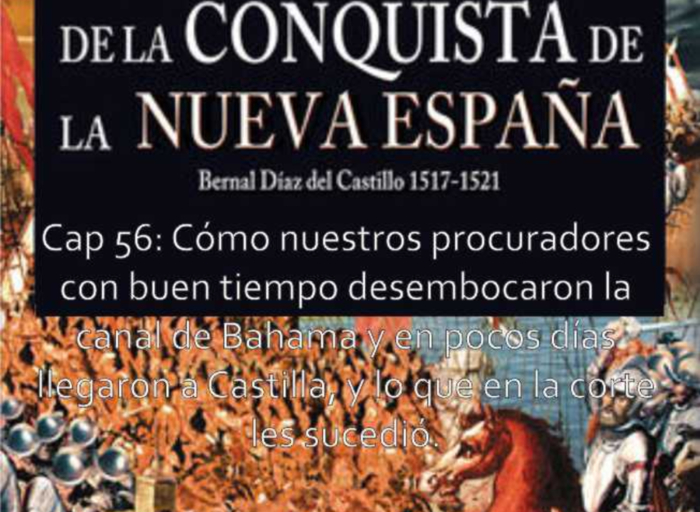
History: Pizarro and the conquest of Peru
By: Frederick A. Ober
Chapter 10
IN THE INCA’S STRONGHOLD (1532)
THE desperate nature of their venture must have been deeply impressed upon the Spaniards, as, climbing the slippery steps of that mountain roadway, the cavalry leading their horses by the bridles, and the infantry assisting their steps by means of pikes and arquebuses, they slowly progressed towards the sierra’s summit. Carefully their scouts reconnoitred the craggy steeps, crowned by deserted fortresses, from which they expected an avalanche of rocks and stones and missile weapons. With every sense alert and nerves tingling with apprehension, they crept aroimd the scarped sides of precipitous cliffs, now and then compelled to cross an abysmal chasm, over a frail and trembling suspension bridge of osiers, swung like a hammock above a roaring torrent. They fully realized what it was they were now engaged in—^the most perilous adventure of that century. Why were they climbing those motmtain heights? Why were they penetrating the heart of a country swarming with inhabitants, as an ant-hill swarms with ants? Why were they suffering, enduring, persisting in going farther and farther into a region from which, if they were defeated in battle, there would be absolutely no escape ? Their leader, iron-hearted Pizarro, had from the first proclaimed their purpose to be the extension of their sovereign’s power and the conversion of the Indians to the » only true faith»; but, if they ever admitted the truth, they could have confessed the real purpose of that expedition in a single word. It was gold, or its equivalent, that was the animating motive for all their toils and heroic exploits. But, while the motive was ignoble, no one can deny that they heroically endured, valiantly fought, and stoutly combated all the difficulties that man and nature had thrown in their way. They may have mtirmured, but no member of that little band complained aloud, for all the weak-kneed ones had been weeded out. Before the sierras were well entered, Pizarro had given them the opportunity to return to San Miguel. Only nine availed themselves of this offer, and the ninescore who remained were truly «men of blood and iron.» They had borne their heavy armor beneath the blazing sun of the lowlands, sweltering and staggering with the heat and the burden; through the sierras they had toiled, upward, ever upward, and at last had arrived at the bleak plains, above which towered the higher Andes, with their crowns of perpetual ice and snow.
While crossing this elevated region, with cold so intense that the soldiers shivered imtil their armor clanged, they were met by another embassy from the Inca. He sent greeting, and a gift of llamas to Pizarro; but his messenger was accused by a spy, who had penetrated to the Inca’s camp and returned, of treachery on the part of his master. A wrangle ensued between the spy and the ambassador, during which it became evident to Pizarro that Atahuallpa was playing a double game, luring him on by gifts and fair promises, but all the while perfecting a snare for his destruction. It was but natural that Pizarro, himself with sinister aims against the monarch of the country he was invading, should hold suspicions of that sovereign; and again, it was not remarkable that the Inca should have viewed the approach of the Spaniards with distrust. In the simplicity of his nature, he saw no reason, no adequate motive, for this invasion, since he himself held gold in light esteem, and, content with the religion of his ancestors, could not conceive why the strangers should wish to impose their own upon him and his people.

